Who really controls your information when every device in your home is potentially a data-gathering tool? This is a pressing question in a world where information is power, and power is often in the hands of those who control the data.
The Rise of Smart Homes
Smart homes, with their ability to automate and remotely control various household systems, offer unparalleled convenience.
The global smart home market is projected to reach $174 billion by 2025, with over 478 million smart homes expected worldwide.
Lights that turn on when you enter a room, thermostats that adjust to your preferred temperature, and security systems that monitor your property from afar are just a few examples of how smart technology has revolutionized modern living. However, this convenience comes at a price: your data.
Every action, every command you give to your smart devices, generates data. Whether it’s your voice instructions to a smart assistant or the pattern of your home’s energy use, this data is collected and stored. But who owns this data? Is it you, the homeowner? Or is it the companies that manufacture and manage these devices?
Data Ownership: A Murky Territory
Traditionally, ownership of data has been straightforward—what’s yours is yours. However, in the digital age, this concept has become blurred. When you use a smart device, you might assume that the data generated belongs to you. But in reality, this data often resides in the servers of the companies that created the devices.
A study by Consumer Reports found that over 80% of smart devices in homes are designed to collect data and send it back to the manufacturers. Take, for example, a smart thermostat. When it collects data on your heating and cooling preferences, that information is sent to the manufacturer’s servers. There, it is stored, analyzed, and potentially shared with third parties. You may have access to this data, but do you own it? More importantly, can you control what happens to it?
Ownership and control are not synonymous. While you might have some level of control over your data through privacy settings, the ultimate ownership often lies with the companies. This situation raises significant concerns about privacy and the potential misuse of personal information.
The Privacy Implications
Data ownership is not just a matter of control—it’s also about privacy. When companies own your data, they have the power to decide how it’s used. This could mean using it to improve their products, or it could mean selling it to advertisers or other third parties.
Privacy policies, often lengthy and filled with legal jargon, outline how your data is handled.
91% of Americans believe that they have lost control over how their personal information is collected and used by companies.
But let’s be honest, how many of us take the time to read and fully understand these policies? Even if you do, you might not have much say in the matter. The reality is, using a smart device often means consenting to these terms, whether you’re aware of it or not.
The privacy implications of data ownership in smart homes are profound. With so much personal information being collected, there is a risk that it could be accessed by unauthorized parties. In fact, cybersecurity firm Symantec reported a 600% increase in attacks on IoT devices in recent years, highlighting the growing threat to smart home systems. Hackers might target smart home systems to steal data or gain control over devices. This potential for abuse is a significant concern for many homeowners.
Legal and Ethical Considerations
As the debate over data ownership in smart homes continues, legal frameworks are beginning to emerge. Some regions have implemented regulations that give consumers more control over their data. The General Data Protection Regulation (GDPR) in the European Union, for example, grants individuals the right to access, correct, and delete their personal data. However, a report by the International Association of Privacy Professionals (IAPP) revealed that less than 30% of consumers are aware of such rights under GDPR. These regulations are not universal, and in many places, the legal landscape remains unclear.
Ethically, there is also the question of whether companies should have the right to own the data generated by smart home devices. After all, this data is a reflection of your daily life, your habits, and your preferences. Shouldn’t you have more control over it?
Some companies are starting to recognize these concerns and are offering more transparency and control to consumers. For instance, Ring company provides detailed information on how they handle user data and offers tools for users to manage their data more effectively. However, these practices are not yet widespread, and many companies continue to operate in ways that prioritize their interests over those of their users.
The Role of Artificial Intelligence
Artificial intelligence (AI) plays a significant role in the operation of smart homes. AI algorithms analyze the data collected by smart devices to learn your preferences and automate functions accordingly.
AI in the home automation sector could generate up to $300 billion in annual revenue by 2025. While this can enhance the user experience, it also means that AI systems are constantly learning more about you.
The more data these systems have, the more accurately they can predict your behavior. But this also raises concerns about how this data is used and who has access to it. If a smart home system can predict when you’re likely to be away from home, could this information be used for nefarious purposes? The potential for misuse is one of the reasons why data ownership and control are such critical issues.
Consumers’ Rights and Responsibilities
As a consumer, you have both rights and responsibilities when it comes to data ownership in smart homes. Your rights include the ability to access and control your data, as well as the right to know how it’s being used. However, you also have the responsibility to protect your data by using strong passwords, keeping your devices updated, and being cautious about the permissions you grant to apps and services.
It’s also important to be informed about the data practices of the companies whose products you use.
84% of consumers are concerned about how companies use their data, yet only 42% feel they can adequately protect their data.
While it can be challenging to wade through privacy policies and terms of service, doing so can give you a better understanding of how your data is being handled. Additionally, advocating for stronger data protection laws and supporting companies that prioritize consumer privacy can help drive change in the industry.
The Future of Data Ownership in Smart Homes
As technology continues to evolve, the issue of data ownership in smart homes will only become more complex. New devices and services will generate even more data, and the lines between who owns and controls this data will likely continue to blur.
One potential solution is the development of new technologies that give consumers greater control over their data. For example, decentralized storage systems could allow individuals to store their data on their own devices rather than on company servers. Blockchain technology could also be used to create more transparent and secure data-sharing agreements.
By 2025, 20% of smart contracts for IoT data sharing will be managed using blockchain technology, offering greater transparency and security.
However, these solutions are still in their infancy, and widespread adoption may take time. In the meantime, it’s crucial for consumers to remain vigilant and informed about their data rights and the practices of the companies they choose to trust.
Smart homes promise comfort and efficiency, but hidden within this convenience lies a critical question: who truly owns the data your home generates? Safeguard your privacy while embracing smart living by understanding the complexities of data ownership.


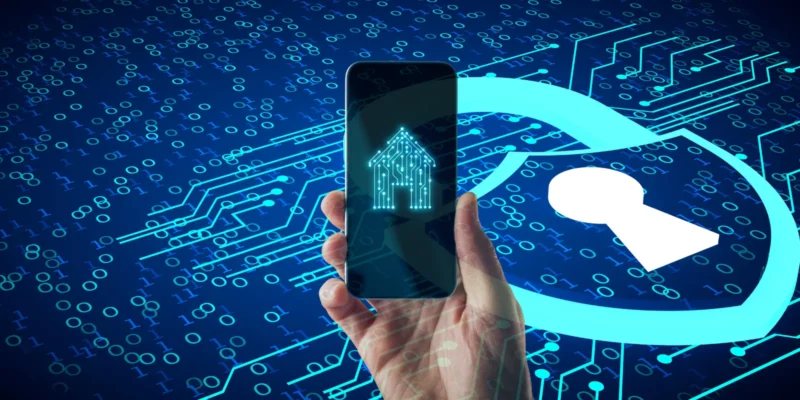
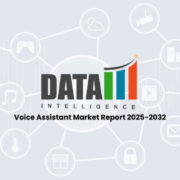
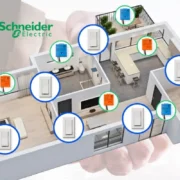

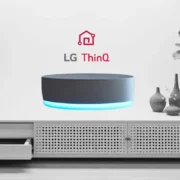


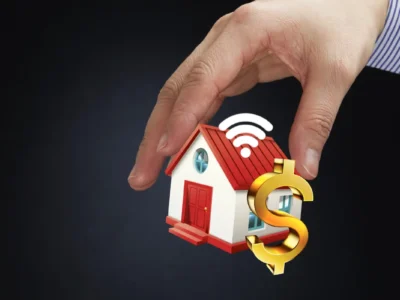



Comments